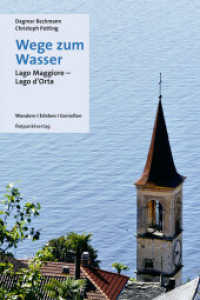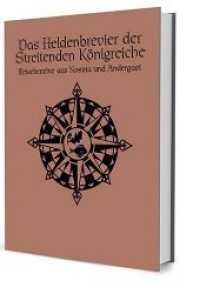Full Description
This comprehensive volume offers a critical, socio-demographic examination of the COVID-19 crisis and human mobility in Indonesia. Drawing on data from across the archipelago, it covers the demographic, economic, psychosocial, and socio-political contexts of the pandemic, rigorously analyzing emergency management and its severe, specific impacts on migrants (domestic and international workers, students) and Internally Displaced Persons (IDPs). The book meticulously analyzes the consequences of enforced restrictions and border closures, detailing the disruption of livelihoods and the adaptive strategies employed by these vulnerable populations. As the first book to frame the pandemic through this lens in Indonesia, it provides a crucial platform for rethinking crisis response commitment and underscores the importance of domestic implementation of international laws for protecting migrant rights. Beyond informing post-pandemic policy and research on migration in Indonesia, this work provides enduring, actionable lessons relevant to public health crises and state-of-emergency management throughout the Global South.
Contents
Introduction..- MIGRATION IN THE CONTEXT OF THE PANDEMIC.- MIGRANT CHARACTERISTICS IN FLUX: THE INFLUENCE OF COVID-19 ACROSS INDONESIA.- THE ECONOMIC, SOCIAL, AND PSYCHOSOCIAL IMPACTS OF THE COVID-19 PANDEMIC ON MIGRANTS IN ORIGIN,
TRANSIT, AND DESTINATION AREAS.- MIGRANT ADAPTATION STRATEGIES: ECONOMICS AND SOCIO-CULTURAL RESPONSES DURING PANDEMIC.- MIGRATION POLICIES AMID COVID-19 IN ORIGIN, TRANSIT, AND DESTINATION AREAS.- CONCLUSION.








